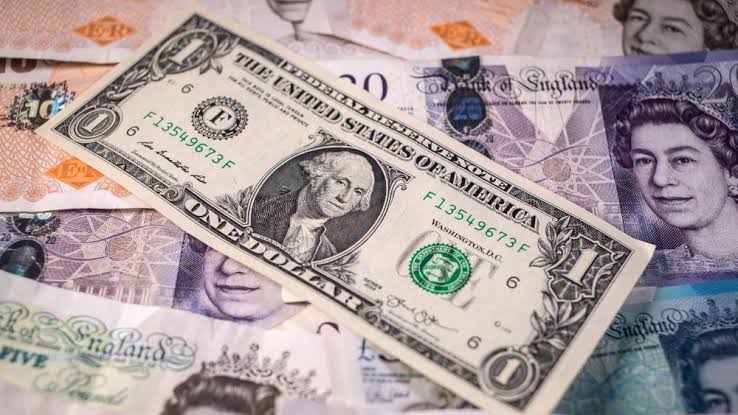Senate has initiated steps to prohibit the use of foreign currencies for payments and transactions within the country.
The proposed legislation, aimed at ensuring all monetary transactions are conducted in Naira, seeks to eliminate discriminatory practices and strengthen confidence in the local currency.
This includes making it mandatory for exports to be paid for in Naira.
The bill, titled “A Bill for an Act to Alter the Central Bank of Nigeria Act, 2007, No. 7, to Prohibit the Use of Foreign Currencies for Remuneration and for Other Related Matters,” is sponsored by Senator Ned Munir Nwoko, Chairman of the Senate Committee on Reparations and Repatriation.
According to Senator Nwoko, the widespread use of foreign currencies in Nigeria’s financial system undermines the value of the Naira, perpetuating economic challenges.
He described the use of the Dollar, Pound Sterling, and other foreign currencies for domestic transactions as a colonial relic that continues to hinder Nigeria’s economic independence.
With its vast natural resources and a dynamic population, Nigeria is well-positioned to surpass Morocco’s achievements, provided there is a paradigm shift in how Nigerians perceive and use the Naira.
The bill envisions a future where Nigerian banks expand internationally, offering innovative financial tools like cashless wallets to simplify global transactions.
These measures aim to address existing challenges, such as the inability of Nigerian debit cards to facilitate international online transactions, while making domiciliary accounts increasingly unnecessary.
If passed, this legislation could mark the beginning of a transformative era, driving economic growth, cultural pride, and sustainable development anchored in the strength of Nigeria’s currency.
![]()





























































